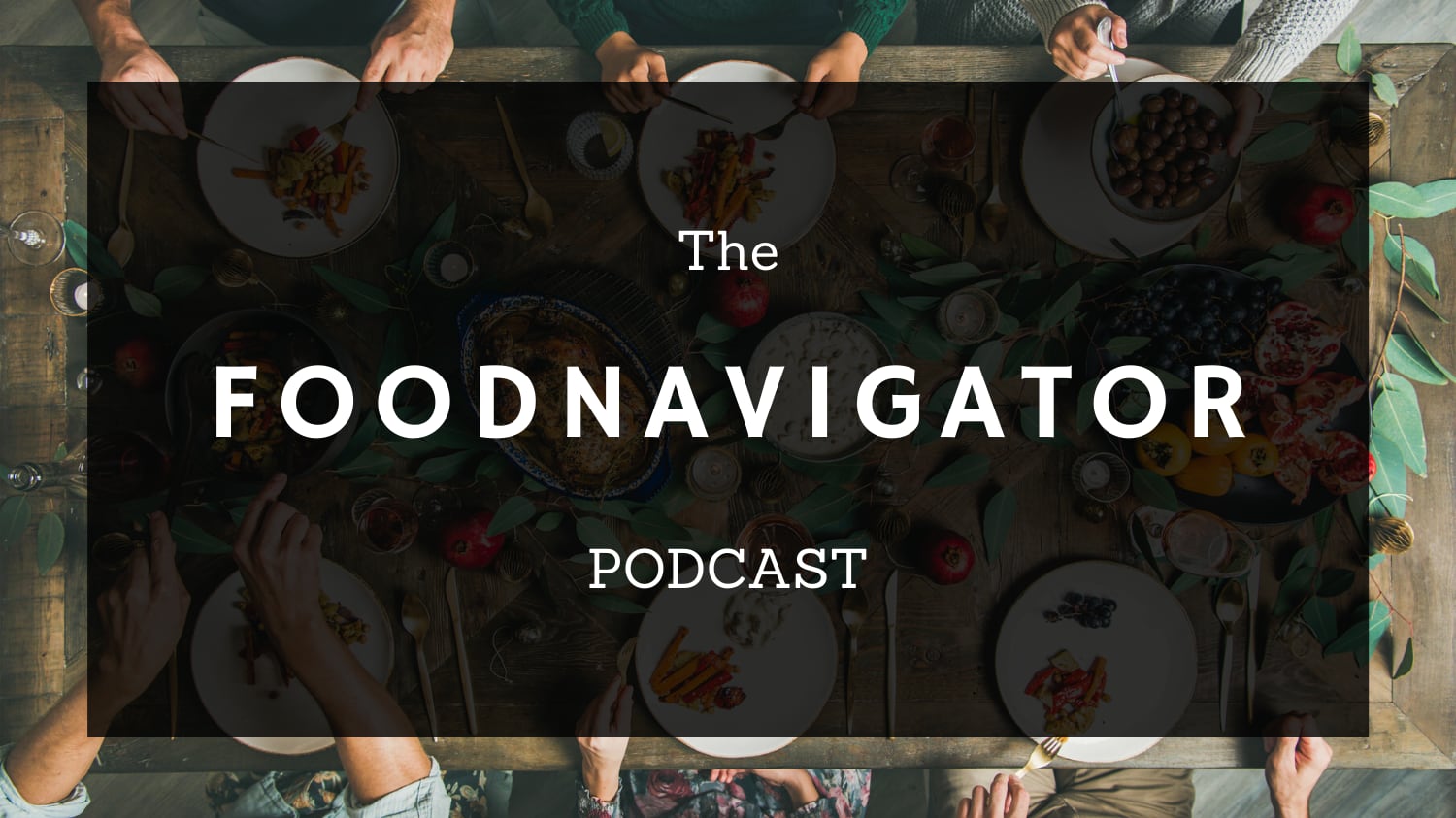Traditionally, food start-ups start-small, all in-house, and with full control over every part of the operation as they scale. By managing the operation internally, founders believe they can ensure superior quality.
Yet there is a trade-off to this mindset: as the business builds, so does its overheads. And amid a global pandemic, which has disrupted smaller brands’ routes to market and consequent cash flow, continuing costs of operation can be what makes or breaks a business.
Agile start-ups have been quick to respond to these volatile and uncertain market conditions.
According to Thea Alexander, co-founder of challenger brand network and service provider Young Foodies, this ‘in-house everything’ mindset has been turned on its head due to ‘fear of overheads’ and a ‘huge sense of uncertainty’.
Where previously, approximately 80% of Young Foodies’ network chose recruiting in-house over outsourcing, today this figure has ‘markedly’ decreased, she told FoodNavigator, as entrepreneurs favour flexibility and lean business models.
Outsourcing what? And to who?
Young Foodies has a specialist recruitment arm for challenger brands looking to hire, but they also have a series of outsourced services including supply chain management and learning and development. Where they can’t help brands directly, they have a ‘little black book’ of outsourced service providers that they trust and recommend to brands.
While these outsourced options may not be cheaper for the brand on the face of it, they help a company reduce its fixed overheads, which is critical during a period of uncertainty. “Businesses are prioritising profitability above all else and ensuring their business models are flexible to change,” said Alexander.

Concerning the specific services that start-ups may call on from external sources, Young Foodies’ co-founder said it could be anything from supply chain management to digital marketing and sales.
“Where there is uncertainty about being able to hire your sales team…brands may call on a sales agency,” she explained. While such businesses don’t distribute the product directly, distribution can also be outsourced, as can ‘people power’ through interim agencies.
This new mindset creates flexibility in multiple ways. Not only can businesses easily scale up and down when needed, but outsourcing partners – unlike permanent staff members – needn’t necessarily be located in the same city or region as the brand itself.
This has been amplified, of course, by lockdown measures. If a business partners with a service provider located in another part of the country, that partner will not be in the office, Alexander told this publication, “but neither is your team”.
Today, the majority of communication between office employees is experienced online, and with an outsourcing partner located on the other side of the country, this would be no different.
“Businesses are taking a ‘geography agnostic approach’,” explained the Alexander. A start-up in London doesn’t have to find an agency in London, she continued. “Founders are much more open to working with partners across the UK.”
‘A long-term mindset shift’
Part of the reason young brands may be initially hesitant to outsource tasks to third parties lies in questions over quality, transparency, and traceability.
Yet Alexander disagrees that outsourcing should negatively impact any of these elements. Rather, the start-up guru says ‘establishing a proper partnership’ with a specialised service provider should increase control.
Nothing will ever be perfect 100% of the time but which is more specialist? she asked rhetorically. One business managing one-hundred operations, or one-hundred non-specialist businesses each running their own operation?
Of course, entrepreneurs are loathed to relinquish all authority. There are certain elements of the business that in-house teams will rarely outsource. These include interactions with customers and important pitches.
“They will never outsource that. It is going to take a very big shift for a founder not turn up to an important buyers conversation.” NPD is another area where smaller businesses may ‘ask for support’, but not pass on to a third part completely, Alexander added.
Moving forward, Young Foodies’ co-founder does see this mindset shift as here to stay for the long-term. And the UK is not the first to adopt such a strategy: the US service culture is ‘much stronger’ and more established than this side of the pond. “The culture [over there] is hugely service focused and they work with outsourced providers across all areas of their businesses from sales to marketing to supply chain – this is not a new model but it is a shift in the UK,” she elaborated.
So should industry expect to see more outsourcing? Yes, said Alexander, because “response time to change is your competitive advantage.”





